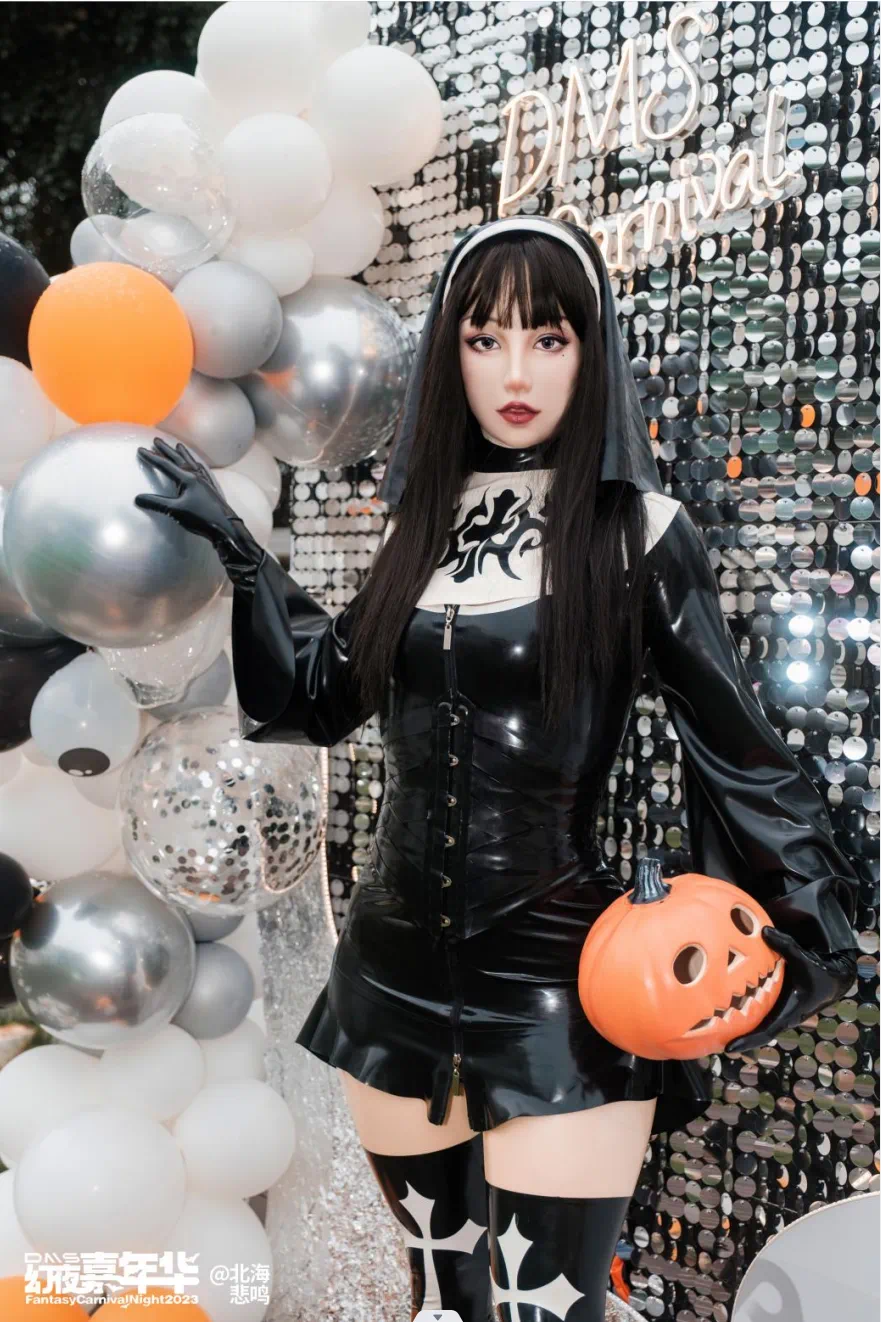By RUONAN ZHENG
This piece is part of a special portfolio featuring new and queer voices from China. Read more from the portfolio here.
1. May 2021
At an assignment in Xinjiang, I am covering a rising female photographer, club-hopping with her and her boyfriend. Amidst glittering disco balls, fast drum beats, and fake US dollars tossed around by a random rapper, I am introduced to a guy who used to work for Vice China, making short documentaries. His exact greeting was: “Send my best regards to the bosses; I too graduated from there.” We exchanged our WeChats, and he pulled off some crazy dance moves on the floor afterward. I didn’t hear from him again but have enjoyed the hikes and mountain scenery posted on his WeChat Moments ever since.
“Graduated” is a word many ex-employees of Vice China use to describe their experience after leaving the company. Our time there felt as if we were a bunch of undergrads taking wacky tequila shots in the office, then still coming in hungover the next morning because there was nowhere better to go. Near the end of Vice China’s existence, Simon, one of the OGs who had worked for them since the beginning, reminisced about an end-of-the-year company cruise party, recalling those times as a dream. Back then, he did a little bit of everything—editorial, commercial, social media. There was always stuff to do, partnerships to form, and, of course, money from advertisers to spend. All the alcohol we ingested and the battles we fought with clients were preparing us for life after, in the cruel outside world.
The allure of working at Vice was very real for a twenty-something, especially for a Chinese kid. The Western influence took root and prospered at Vice China, which opposed everything a normal job in China entailed. To be recruited meant becoming part of a cool-kid club, access to a social currency, a guaranteed adventurous time.

